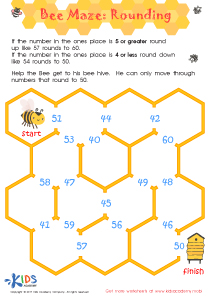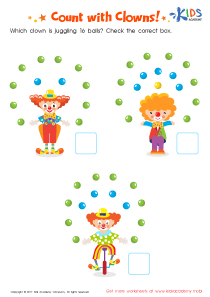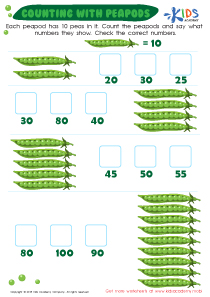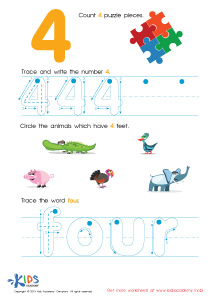Counting skills Extra Challenge Numbers 0–10 Worksheets for Ages 3-5
13 filtered results
-
From - To
Enhance your child's counting skills with our "Extra Challenge Numbers 0–10" worksheets, specially designed for ages 3-5. These engaging activities encourage children to practice counting through fun and interactive exercises. Kids will explore number recognition, counting sequences, and basic calculations, all while developing essential math foundations. Each worksheet promotes critical thinking and boosts confidence in early learners. Ideal for home or classroom use, these challenges are perfect for reinforcing number concepts in a playful manner. Foster a love for math in your little ones with our visually appealing and educational resources – a great way for preschoolers to sharpen their counting abilities!
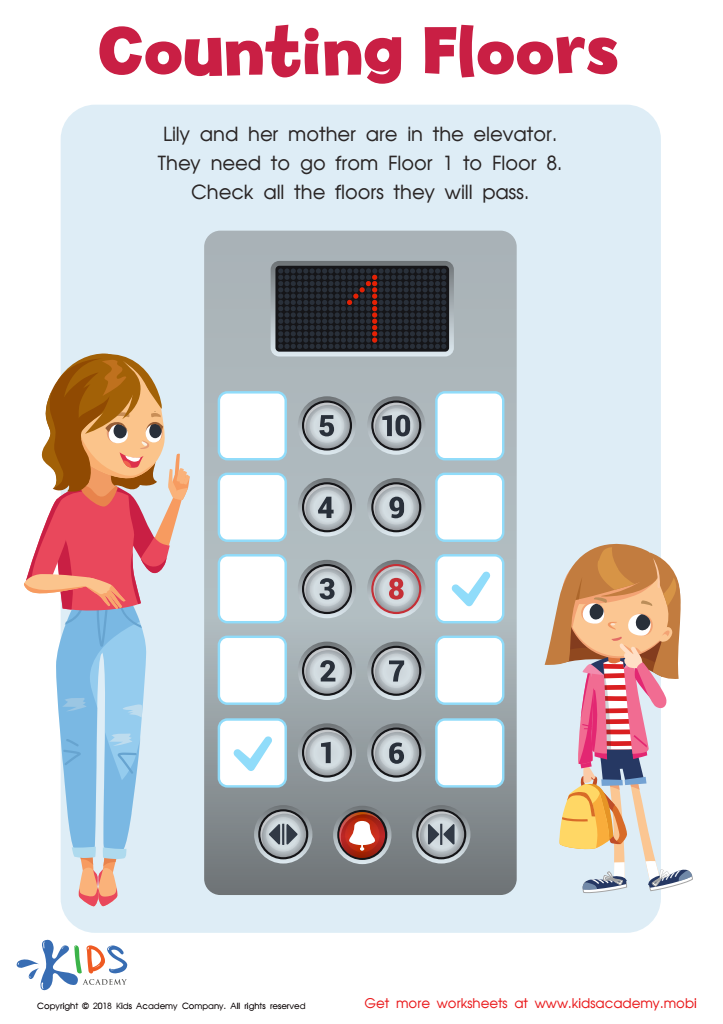

Counting Floors Worksheet
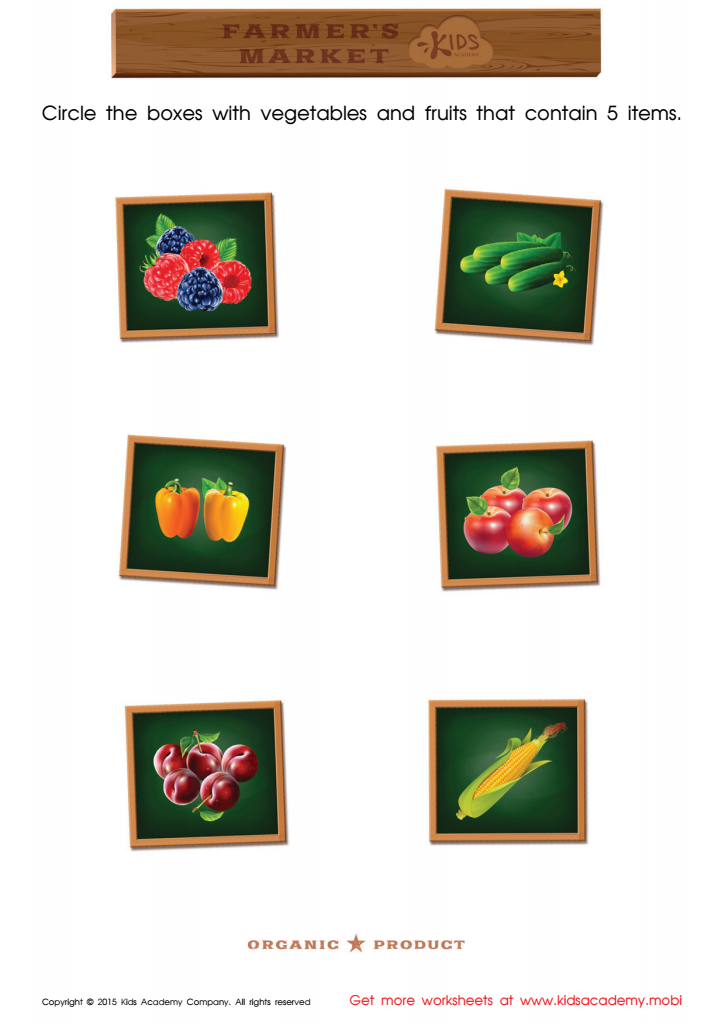

Count and Match Vegetables 1 – 7 Math Worksheet
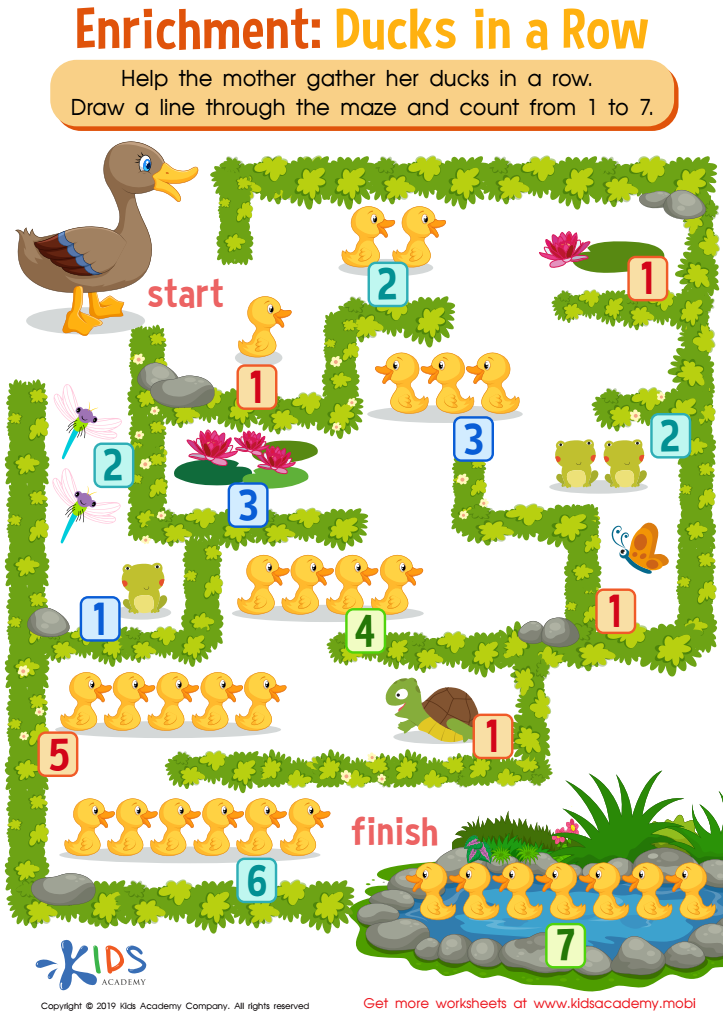

Ducks in a Row Worksheet
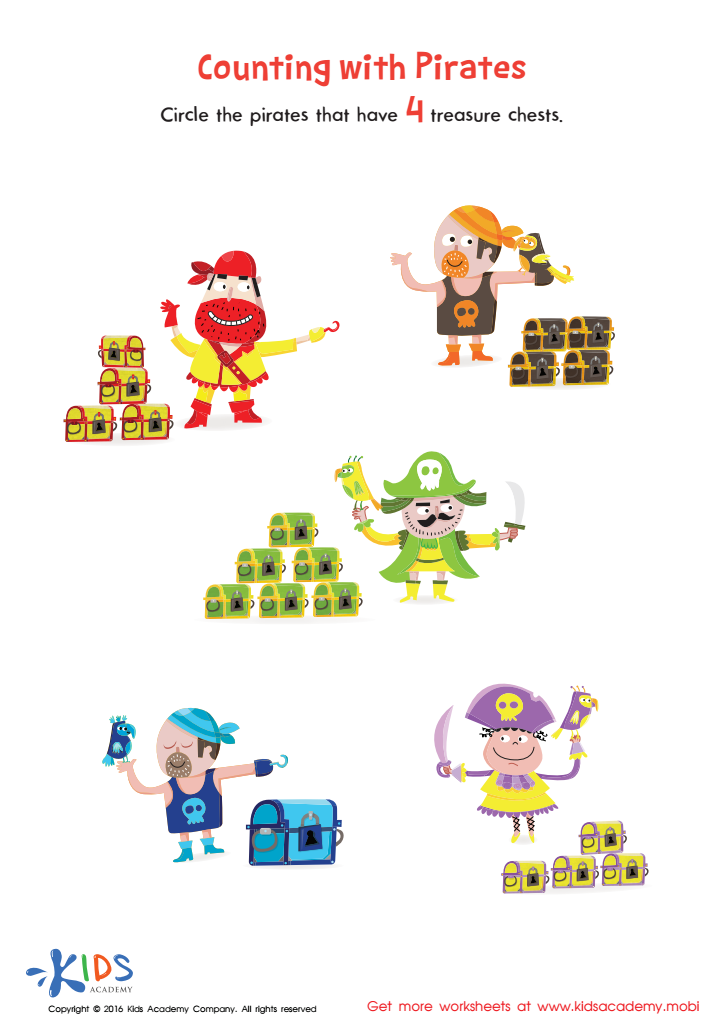

Counting With Pirates Worksheet
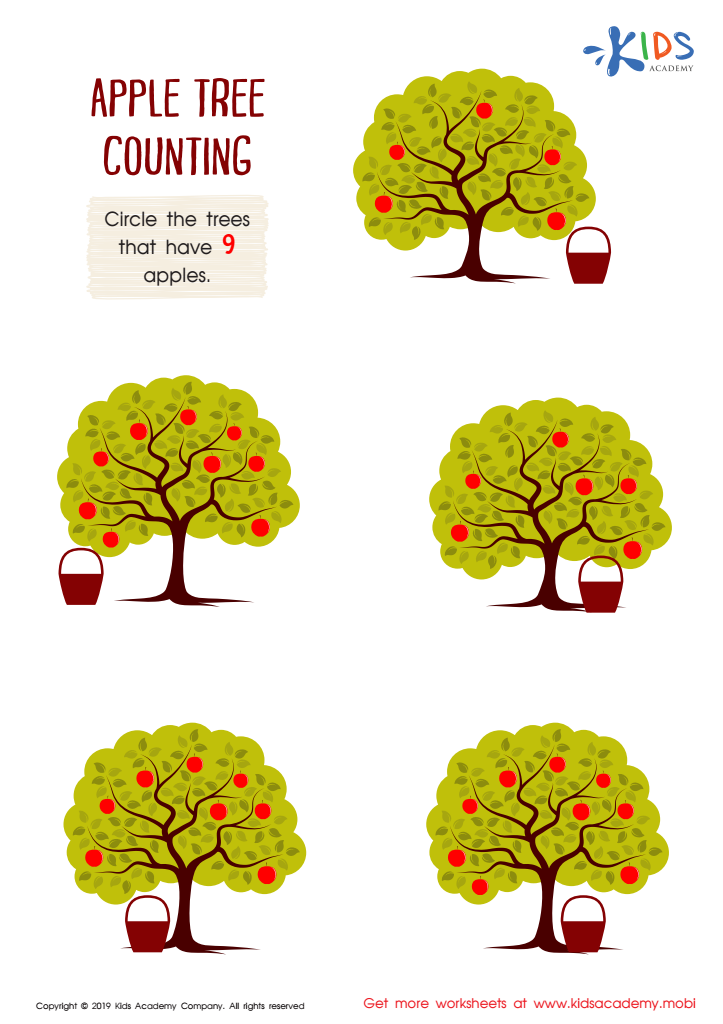

Apple Tree Counting Worksheet
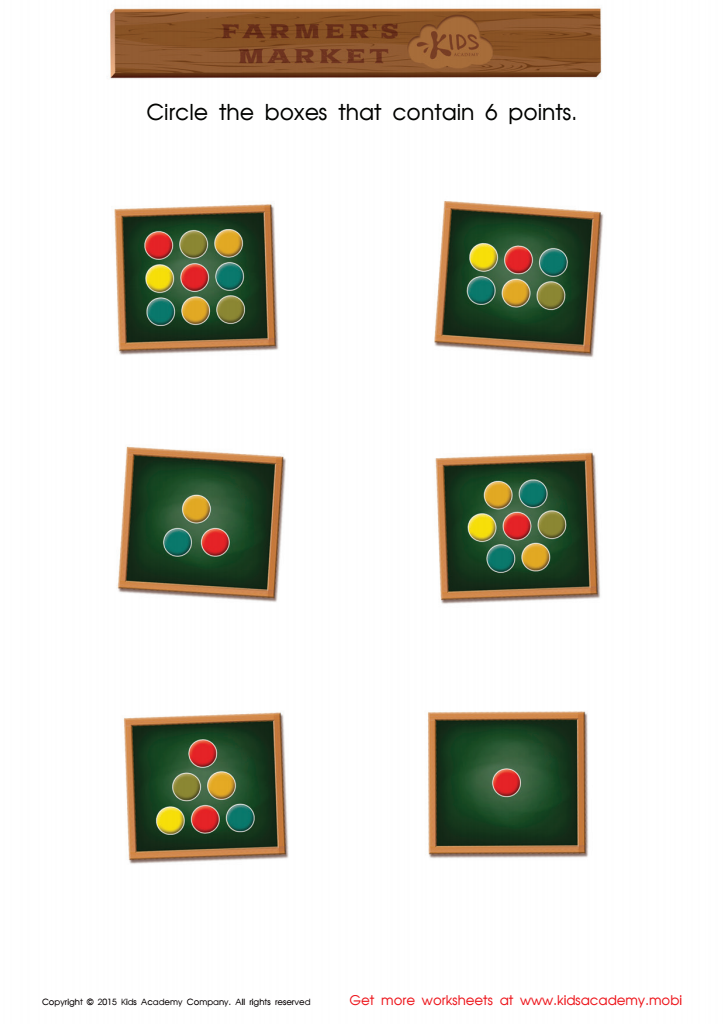

Count and Match Points 6 Math Worksheet
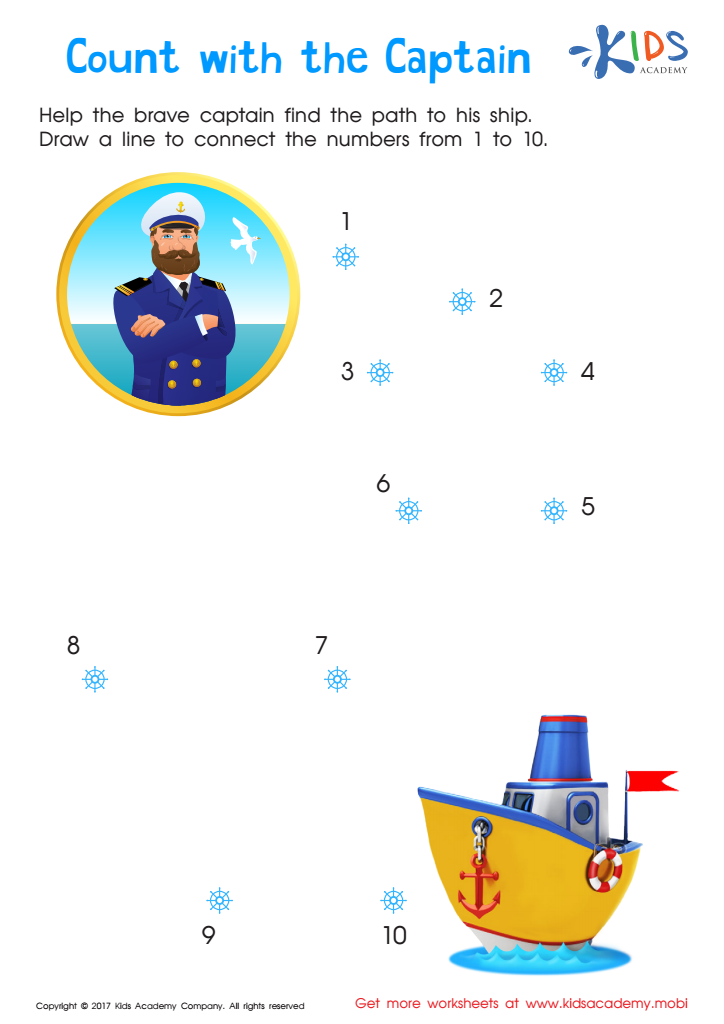

Count with the Captain Connect Dots Worksheet
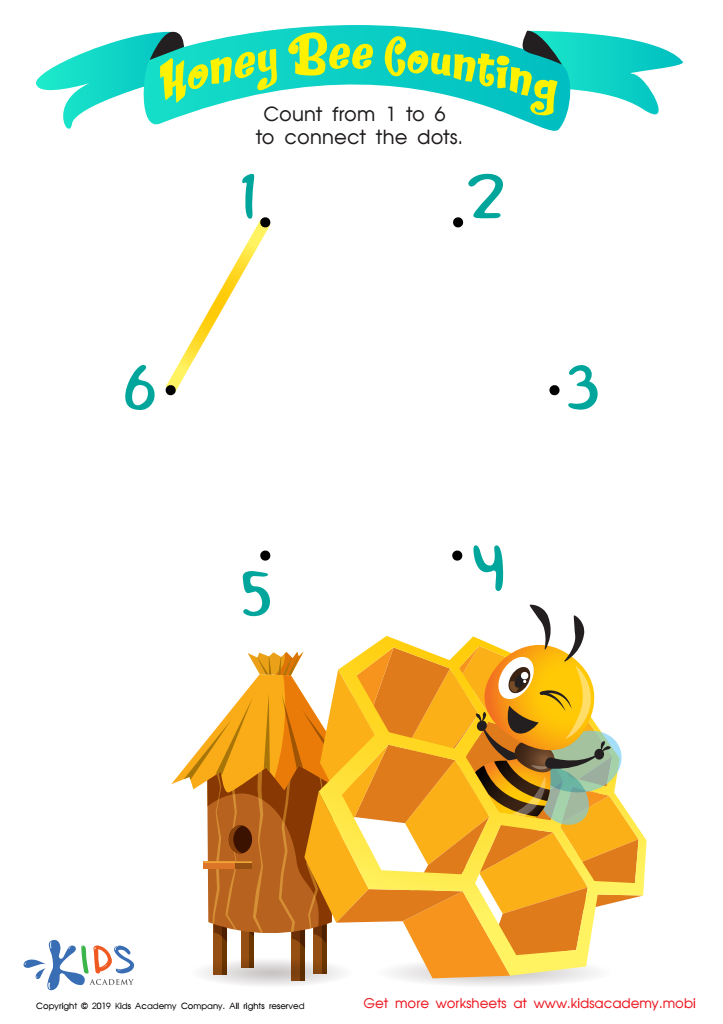

Honey Bee Counting Worksheet
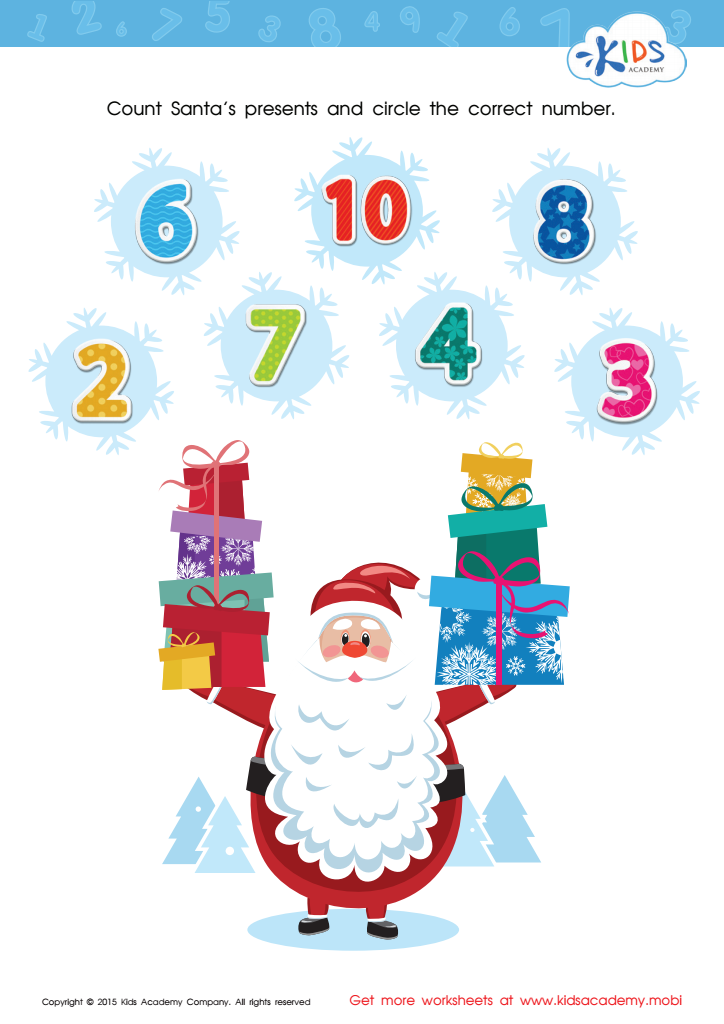

Count Santa's Presents Worksheet
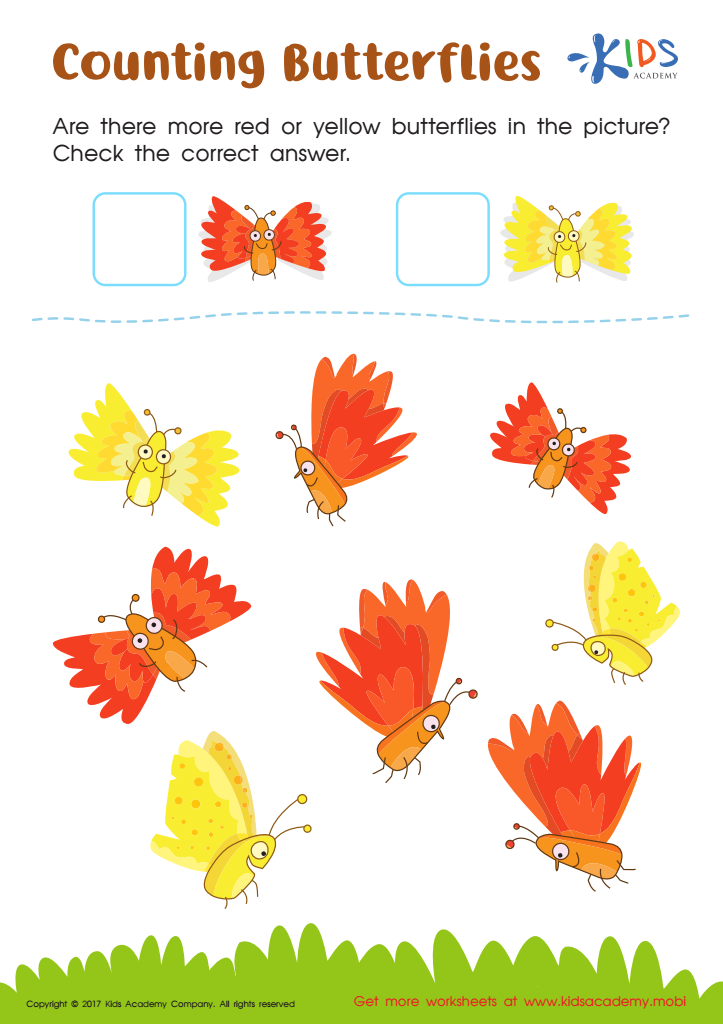

Counting Butterflies Worksheet
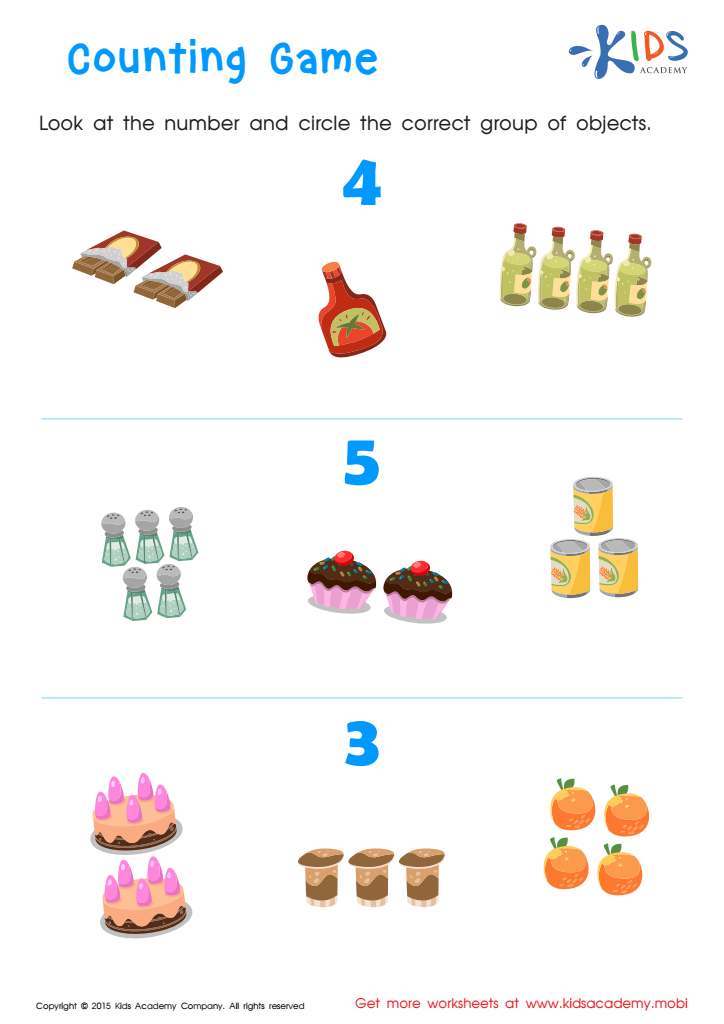

Counting Worksheet
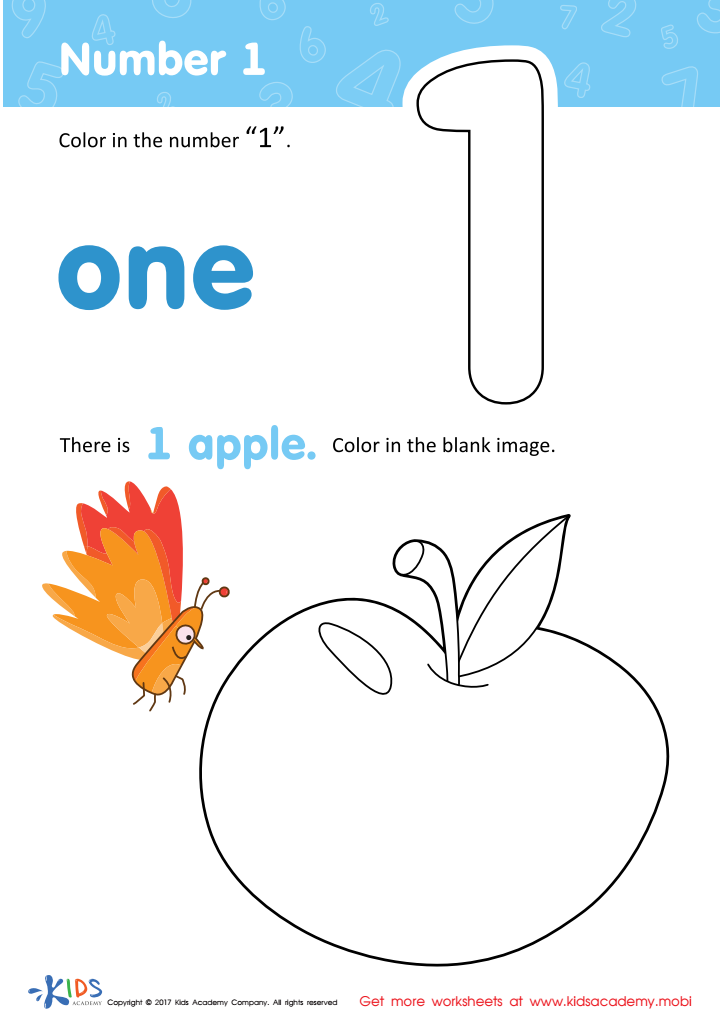

Number 1 Printable
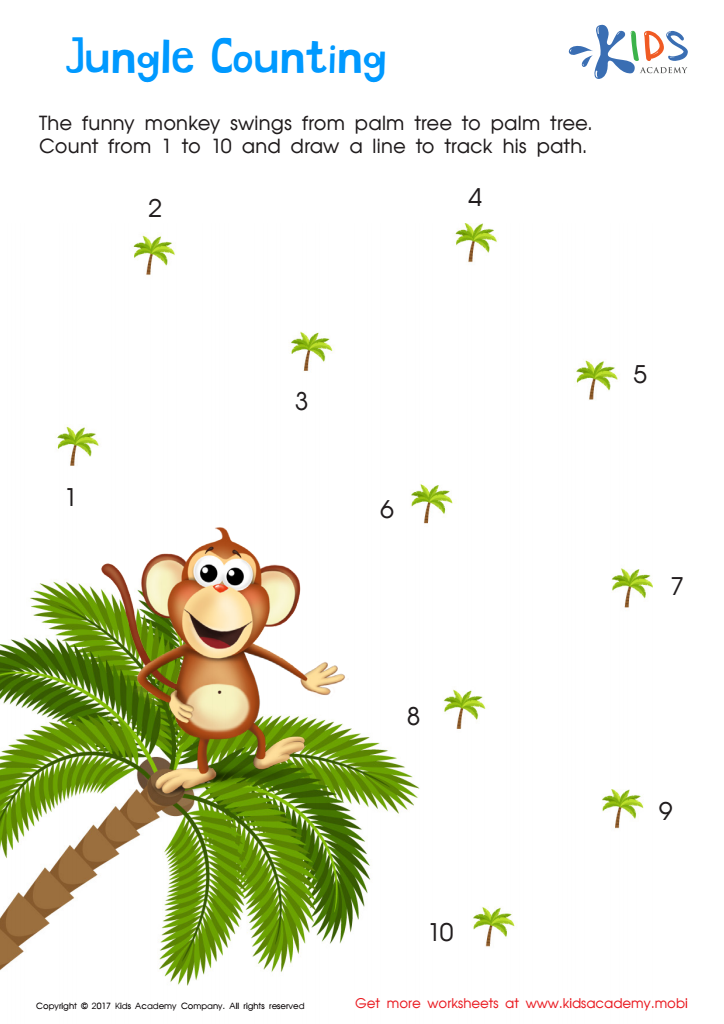

Jungle Counting Connect Dots Worksheet
Counting skills are foundational to early childhood education, significantly impacting a child's understanding of math and overall cognitive development. For children aged 3-5, mastering numbers 0-10 forms the basis for more advanced mathematical concepts. Parents and teachers should prioritize these skills for several reasons.
Firstly, counting aids in developing a child's vocabulary and comprehension. It enriches their linguistic abilities by introducing numerical terms and enhances their understanding of quantity. Furthermore, counting fosters critical thinking and problem-solving skills, allowing children to connect math to everyday situations.
Secondly, early counting proficiency creates a confident mindset towards math. Children who feel comfortable with numbers are more likely to engage in and enjoy mathematical activities as they grow, reducing anxiety often associated with math learning later on.
Lastly, counting skills play an essential role in school readiness. Children who can confidently count from 0-10 typically excel in various academic areas, as numeric understanding has cross-curricular relevance.
Incorporating extra challenges in counting helps keep learning engaging and fun, motivating children to explore numbers beyond the basics while solidifying their understanding. Ultimately, prioritizing these skills lays a strong foundation for lifelong learning and mathematical success.
 Assign to My Students
Assign to My Students








